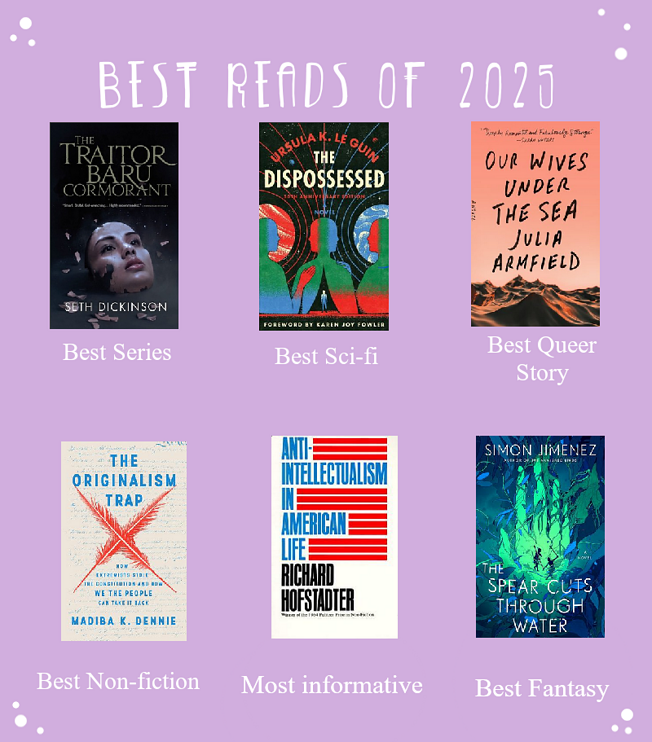Recent Reading: Affiinity
Jan. 30th, 2026 09:46 amI don't usually like to do extensive summaries in these reviews, but I want to highlight what USA Today called "thinly veiled erotica" in this book. This book is best approached, I think, with a measure of dream logic (or porn logic, if you prefer), where things can be deeply erotic in concept that in real life would certainly not be. Nothing illustrates this better than the opening chapter of the book.
In the opening chapter, Margaret makes her first visit to Millbank prison. Waters does an excellent job of making the prison itself a terror; a winding maze of whitewashed, identical hallways inside a cocoon of pentagonal buildings set unsteadily into the marshy bank of the Thames within which Margaret immediately becomes turned around. She is passed from the gentleman family friend who first suggested she become a Lady Visitor to the matrons of the women's side of the prison, a realm populated entirely by women. As Margaret passes into this self-contained place which feels entirely removed from the rest of the world (the prisoners are allowed to send correspondence four times a year) she becomes keenly aware of the strange blurring and even erasure of the boundaries, rules, and customs of the outside world. Furthermore, Margaret is reassured over and over again that she is, effectively, in a position of power over all these vulnerable women, trapped in their cells and subject to the harsh rules of Millbank. The prison fully intends for Margaret to be someone for them to idolize and look up to, someone whose attention can make them strive to better themselves. Margaret, a repressed Victorian lesbian, is dropped into this strange realm of only women in which she operates above the rules that strictly govern the rest of them.
It is in this state, after this long journey through Millbank, that Margaret first catches sight of Selina Dawes, and is taken from the start.
The book is not heavy on plot, and some reviewers have called it dull, but I was riveted. The plot is the development of Margaret and Selina's relationship, and the progress of Margaret's mindset on the question of whether Selina's powers or real, or if she's just a very talented con artist. These are by nature things which progress gradually. Practically, it's true that not much happens: Margaret visits the prison. Margaret goes to the library. Margaret has a disagreement with her mother. But her mental and emotional changes across the book are significant.
There are also the vibes. Waters does such a good job of capturing a very gloomy, gothic atmosphere where Margaret (and the reader!) are constantly sort of questioning what's real and to what degree and there's a powerful sense of unease that permeates the entire story. It ties in so well with Selina's role as a spiritual medium and the Victorian obsession with such things; it creates a very holistic theme and feel to the book that I just sank into.
On the flip side of the erotic view of the prison we see early in the book, Waters also uses it to terrifying effect to simulate the paranoia of a closeted gay person at this time in England. As Margaret's feelings for Selina develop and become more explicit, she lives in terror that the matrons of the prison will realize that her interest in Selina is not the polite interest of a Lady Visitor in her charges. She is always analyzing what the matrons can see in her interactions with Selina and what might go under the radar; she is constantly wondering if rude comments or looks from this matron or that is simple rudeness, or a veiled accusation of impropriety. The panopticon pulses around Margaret more and more but she can't keep away from Selina even to protect herself from the danger of being caught.
On the whole, I thought this book was fantastic. I enjoyed it even more than Fingersmith. Waters was really cooking here and I've added several more of her books to my TBR, because she obviously knows what she's doing.
